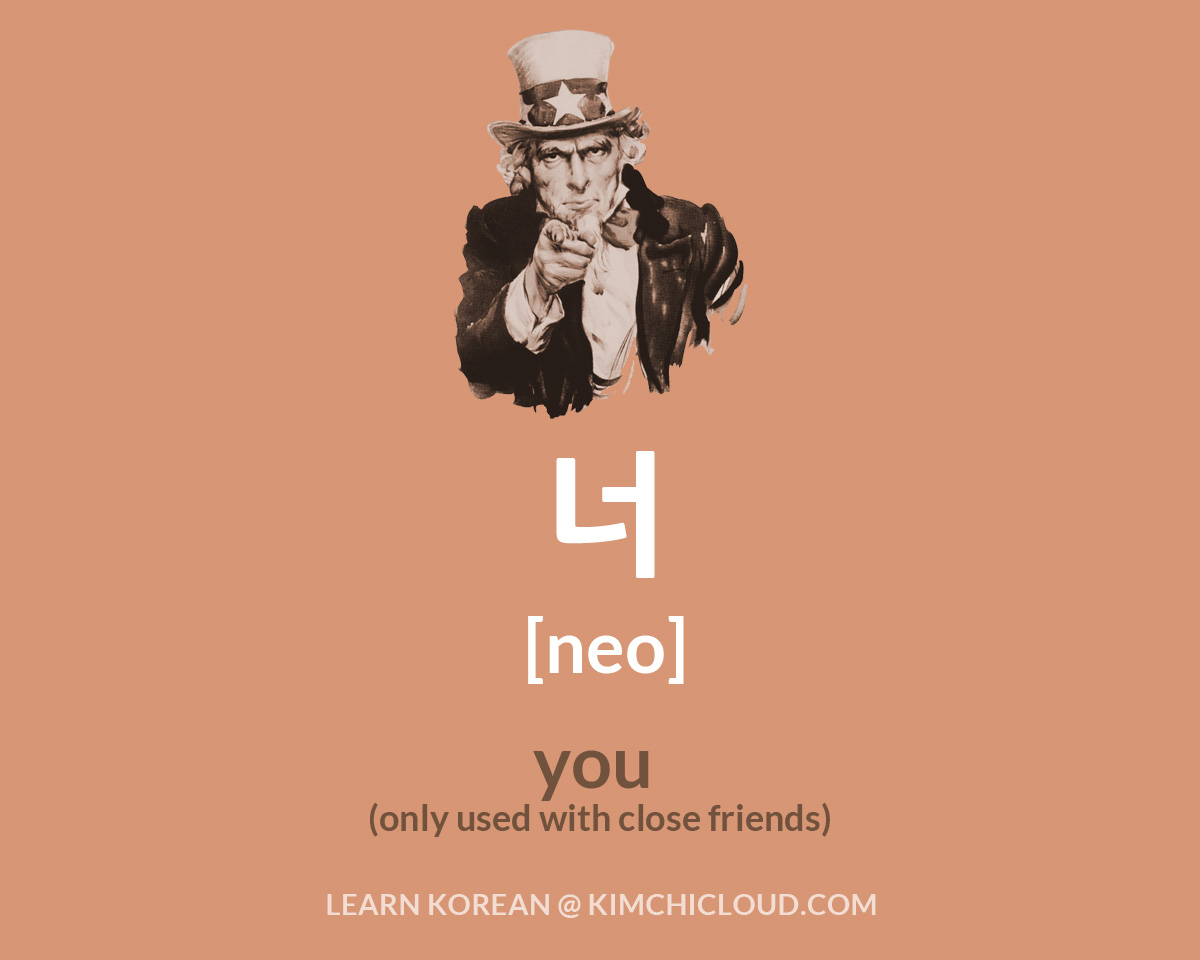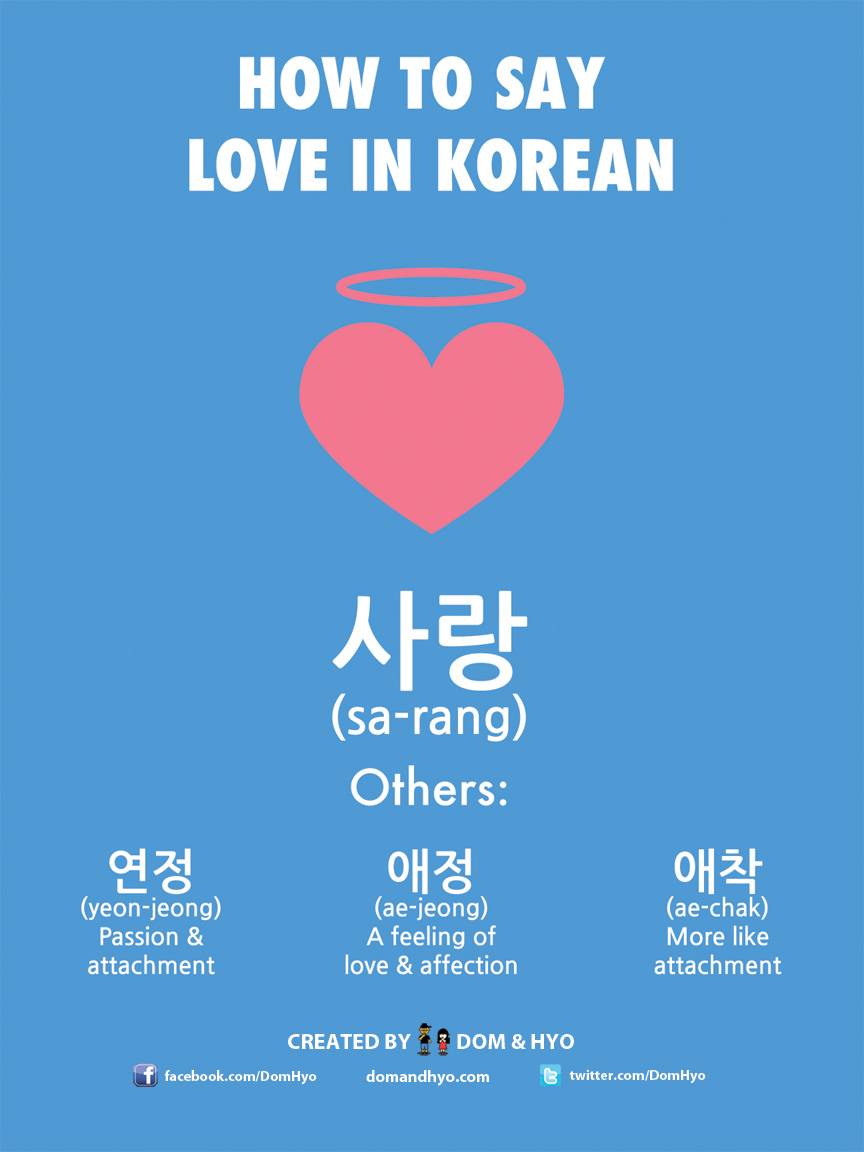So, you're diving into the world of Korean language, and you're wondering how to say "you" in Korean. Well, buckle up, because this journey is about to get real interesting. Korean is a beautiful language with layers of complexity, especially when it comes to pronouns. Saying "you" isn't as straightforward as you might think. The word changes depending on the level of politeness, the relationship between speakers, and even cultural norms. But don't worry, we're here to break it down for you step by step. Let's get started, shall we?
If you're new to Korean or just brushing up on your skills, understanding how to address someone properly is crucial. It's not just about grammar; it's about respect and building connections. The Korean language reflects the culture's emphasis on hierarchy and relationships, so getting "you" right can make all the difference in your conversations. Stick around, and we'll show you how it's done.
Now, before we dive deep into the nuances of "you" in Korean, let's set the stage. Korean isn't just about vocabulary; it's a cultural experience. Every word carries meaning beyond its translation, and "you" is no exception. Whether you're learning for travel, business, or simply out of curiosity, mastering this pronoun will open doors to meaningful interactions. Ready? Let's go!
Read also:Kid And His Mom Cctv Video
Understanding the Basics: What Does "You" Mean in Korean?
Let's start with the basics. In Korean, the word for "you" isn't as simple as it seems. There isn't a one-size-fits-all translation. Instead, you'll find different words depending on the context. The most common word for "you" is "당신" (dangsin), but here's the twist: it's rarely used in everyday conversation. Confusing, right? Don't worry, we'll break it down.
In Korean culture, using "당신" can come across as overly formal or even disrespectful in certain situations. It's often reserved for written communication or when addressing someone with whom you have a distant relationship. So, what do people use instead? That's where things get interesting.
Levels of Politeness: How to Address Someone in Korean
Korean is all about politeness levels, and this applies to pronouns too. There are three main levels: formal, polite, and informal. Each level has its own way of saying "you," and choosing the right one depends on the relationship between speakers. Here's a quick rundown:
- Formal: Use "당신" (dangsin) when you need to be super respectful, like in business settings or formal letters.
- Polite: In everyday conversations, Koreans often skip using "you" altogether and use the person's name or title instead. It's a sign of respect and familiarity.
- Informal: Among close friends or family, you might hear "너" (neo), which is the informal "you." But be careful—using this with strangers can be seen as rude.
Choosing the right level of politeness is key to avoiding awkward moments. It's all about understanding the context and the relationship you have with the person you're speaking to.
When to Use "당신" (Dangsin)
Let's talk about "당신," the formal "you" in Korean. While it might seem like the go-to option, it's actually used sparingly. Here's when you might want to pull out this word:
First, "당신" is perfect for formal settings, like business meetings or official documents. It shows respect and professionalism. Second, you'll find it in written communication, especially when the relationship between the writer and reader isn't clear. Lastly, "당신" can be used in intimate relationships, but only if both partners agree on it. Yep, even in love, politeness matters in Korea!
Read also:Viral Mms Porn Videos
Why "당신" Can Be Controversial
Here's the thing about "당신": it can come across as cold or distant if used incorrectly. In Korean culture, relationships are built on trust and familiarity, and "당신" doesn't always convey that warmth. That's why many Koreans avoid it in casual conversations. Instead, they opt for names or titles, which feel more personal.
Informal "You": "너" (Neo)
On the flip side, we have "너" (neo), the informal "you." This one's all about closeness and comfort. You'll hear it among friends, siblings, and significant others. But here's the catch: using "너" with someone you don't know well can be seen as disrespectful. It's like calling someone by their first name without permission.
So, how do you know when it's okay to use "너"? It usually comes down to age and relationship. If you're younger than the person you're speaking to, it's safer to stick with a more polite form. But if you're close friends or family, "너" is totally acceptable and even expected.
Tips for Using "너" Correctly
Here are a few tips to help you navigate the world of "너":
- Use "너" only with people you're close to, like friends or siblings.
- Avoid using it with strangers or people in positions of authority.
- Pay attention to the other person's reaction. If they seem uncomfortable, switch to a more polite form.
Remember, Korean culture values harmony, so being mindful of how you address others is essential.
Polite Alternatives to "You"
Since "당신" can be tricky and "너" isn't always appropriate, many Koreans opt for polite alternatives. Here are a few you might hear:
- 이름 씨 (Name-ssi): Using someone's name with the honorific "씨" is a polite way to address them without using "you."
- 선생님 (Seonsaengnim): This means "teacher" or "professor" and is used to show respect to someone in a teaching role.
- 아주머니 (Ajumoni): A term for middle-aged women, often used in casual settings.
These alternatives not only avoid the potential pitfalls of "you" but also show that you respect the other person's position or relationship to you.
Why Titles Matter in Korean
In Korean culture, titles carry a lot of weight. They reflect the hierarchy and respect within relationships. Using a title instead of "you" shows that you acknowledge the other person's role or status. It's a small gesture, but it goes a long way in building rapport.
Common Mistakes When Using "You" in Korean
Learning a new language is all about trial and error, but some mistakes are more common than others. Here are a few to watch out for when using "you" in Korean:
- Using "당신" in casual conversations. It can come across as too formal or even rude.
- Using "너" with someone you don't know well. This can be seen as disrespectful or overly familiar.
- Forgetting to adjust your politeness level based on the situation. Context is key in Korean communication.
By being aware of these potential pitfalls, you'll be better equipped to navigate the nuances of "you" in Korean.
How to Avoid Embarrassing Moments
Here's a tip: when in doubt, use a title or the person's name. It's a safe bet and shows that you're making an effort to respect their position. Also, don't be afraid to ask for guidance. Most Koreans appreciate when someone is trying to learn their language and will be happy to help you get it right.
Cultural Insights: Why Pronouns Matter in Korean
Pronouns in Korean aren't just about grammar; they're deeply tied to cultural values. The language reflects Korea's emphasis on hierarchy, respect, and relationships. Using the right "you" is a way of showing that you understand and value these cultural norms.
For example, in Korean culture, age plays a significant role in how people interact. Older individuals are shown respect through language, and using the appropriate "you" is part of that respect. It's not just about politeness; it's about building trust and maintaining harmony in relationships.
How Language Shapes Relationships
The way Koreans use "you" is a reflection of how they view relationships. It's about balance—finding the right level of formality to make the other person feel respected but not distant. This balance is what makes Korean communication so rich and meaningful.
Practical Tips for Mastering "You" in Korean
Ready to put your knowledge into practice? Here are a few practical tips to help you master "you" in Korean:
- Practice using different forms of "you" in various contexts. The more you practice, the more natural it will feel.
- Pay attention to how native speakers address each other. Observing real-life interactions can give you valuable insights.
- Don't be afraid to make mistakes. Learning a language is a process, and every mistake is an opportunity to improve.
With these tips in mind, you'll be well on your way to using "you" in Korean like a pro.
Resources for Learning Korean
If you're serious about mastering Korean, there are plenty of resources to help you along the way. From language apps to online courses, the options are endless. Some popular choices include:
- Duolingo: A fun and interactive way to learn Korean basics.
- Talk To Me In Korean: A comprehensive resource for all levels of learners.
- Korean dramas and music: Immersing yourself in Korean media can improve your listening skills and cultural understanding.
Remember, the key to success is consistency. Practice regularly, and you'll see progress in no time.
Conclusion: Your Journey with "You" in Korean
So, there you have it—a comprehensive guide to saying "you" in Korean. From the formal "당신" to the informal "너," each form has its place and purpose. Understanding the nuances of "you" in Korean is more than just mastering grammar; it's about embracing the culture and building meaningful connections.
Now it's your turn to take action. Whether you're learning for travel, business, or personal growth, the journey starts with one word: "you." So, go out there and start practicing. And don't forget to share your experiences with us in the comments below. Who knows? You might just inspire someone else to take the first step in their Korean language journey.
Table of Contents
- Understanding the Basics: What Does "You" Mean in Korean?
- Levels of Politeness: How to Address Someone in Korean
- When to Use "당신" (Dangsin)
- Informal "You": "너" (Neo)
- Polite Alternatives to "You"
- Common Mistakes When Using "You" in Korean
- Cultural Insights: Why Pronouns Matter in Korean
- Practical Tips for Mastering "You" in Korean
- Resources for Learning Korean
- Conclusion: Your Journey with "You" in Korean


